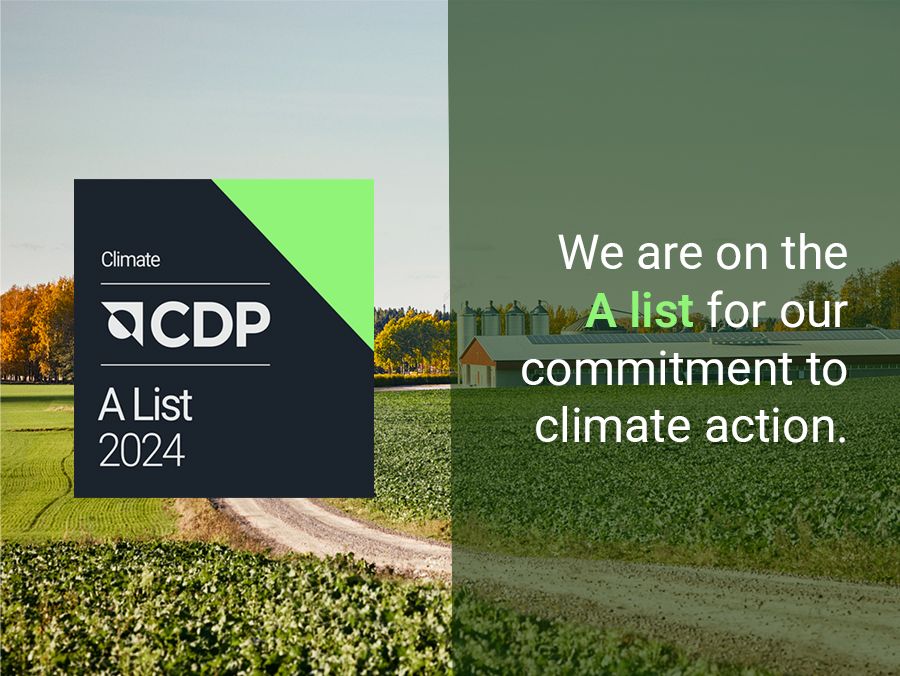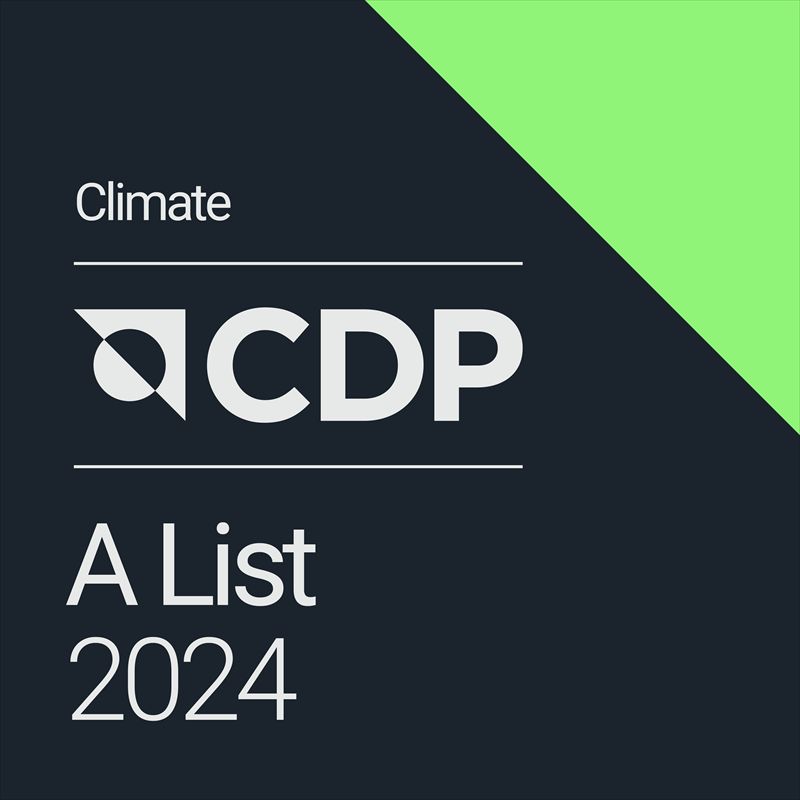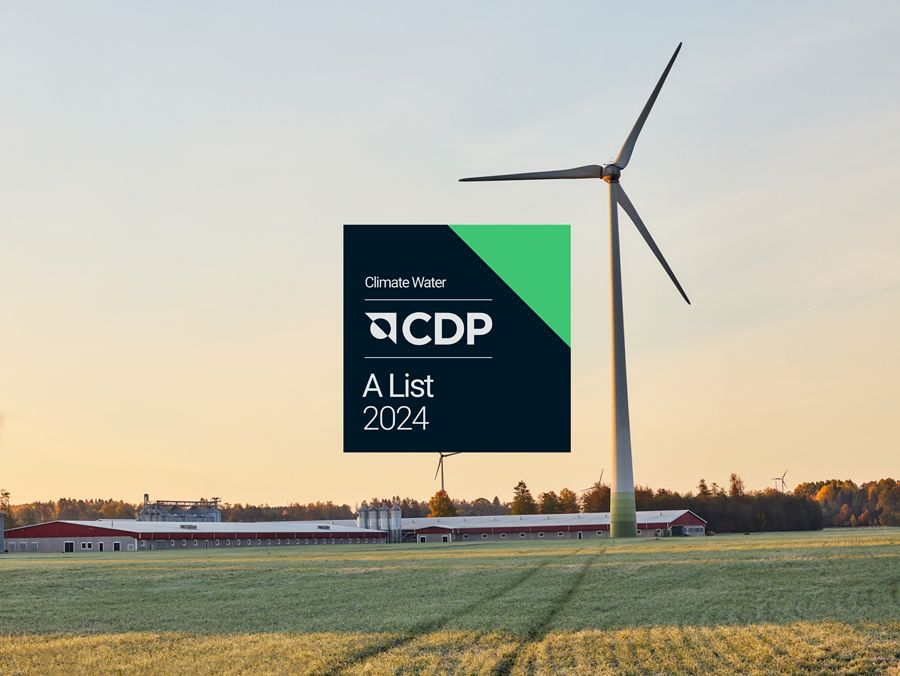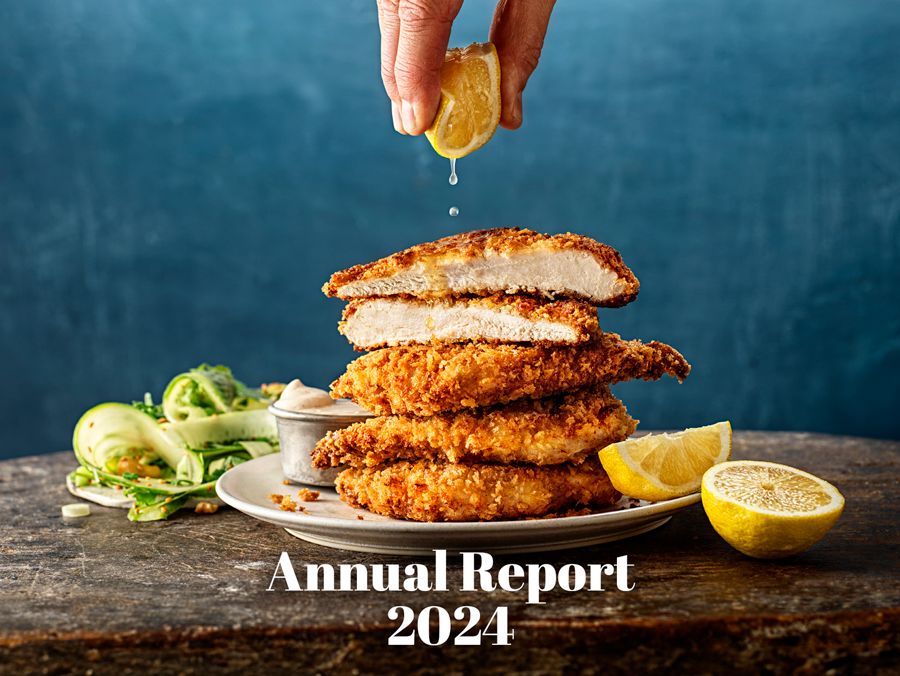
Scandi Standard among top 2 per cent of companies with CDP A-Rating
Carbon Disclosure Project (CDP) has now released the full 2025 list of rated companies, confirming Scandi Standard’s position among the top performers.
CDP is a global non-profit organization that helps companies, investors, and cities manage their environmental impacts. As earlier reported, Scandi Standard has been awarded a CDP A-rating for climate actions based on our 2024 reporting.
The complete list newly released now reveals that Scandi Standard is one out of only nine Swedish companies, and one out of two Swedish food industry companies, to receive an A-rating for climate actions. It also shows that out of 22,400 companies that received a CDP climate score, only 2% achieved an A-rating – highlighting the significance of this award.
This recognition highlights Scandi Standard’s role in driving positive environmental change and the importance of being open and responsible in corporate climate action, says Ida Ljungkvist, Sustainability Director at Scandi Standard.
Scandi Standard’s Climate Efforts
Scandi Standard has worked hard to reduce its environmental footprint. Over the past four years, the company has mapped and calculated its climate impact, set science-based targets (SBTs), and developed a Climate Transition Plan. It has also implemented initiatives to reduce emissions, linked climate goals to compensation and financing, and ensured clear reporting.

Business benefits
CDP scores are used by global investors to monitor their portfolios, assess future investments, and comply with regulations. Companies on CDP’s A List have performed better in stock gains over the past decade, showing that being transparent and ambitious is rewarded by the market. CDP is therefore one of Scandi Standard’s most prioritized ratings, as several large customers directly request our response.
By setting science-based targets and integrating sustainability into our operations, Scandi Standard not only supports global climate goals but also stands out as a leader in the food industry. And we will continue along the established path to reduce our actual climate impact in our own operations and value chain – together with suppliers and customers, Ida Ljungkvist concludes.


